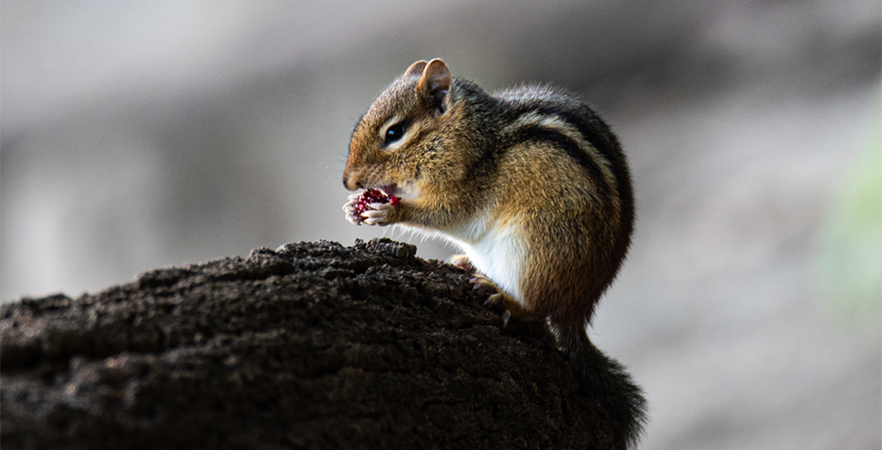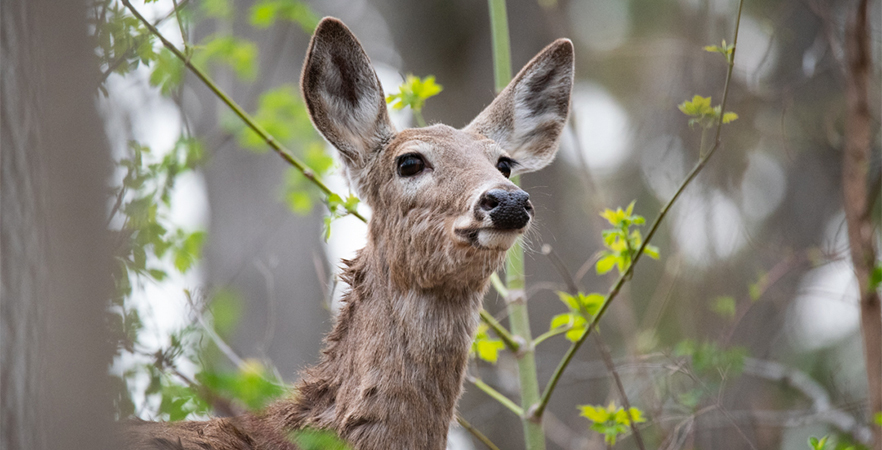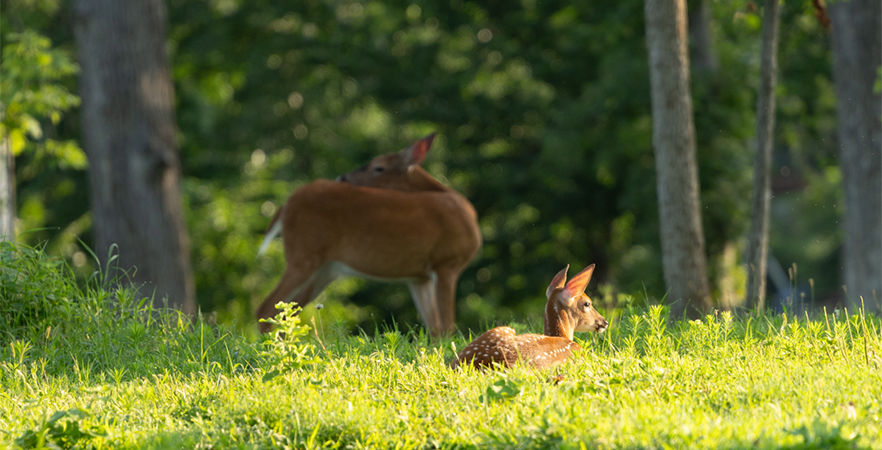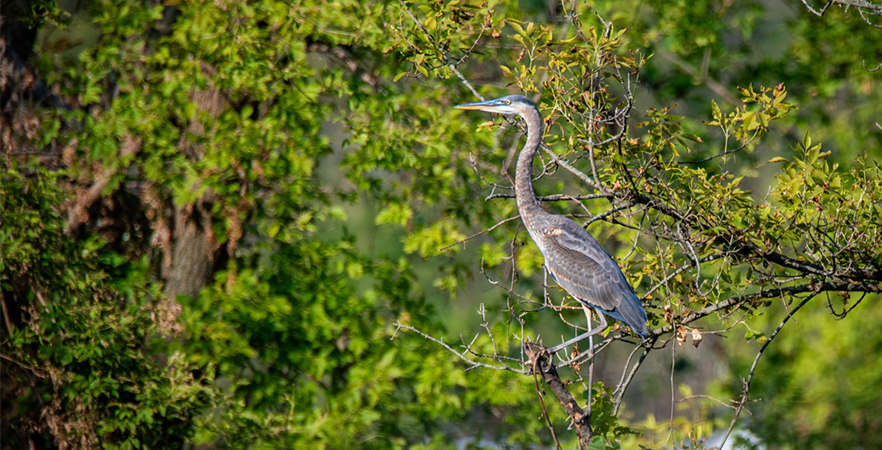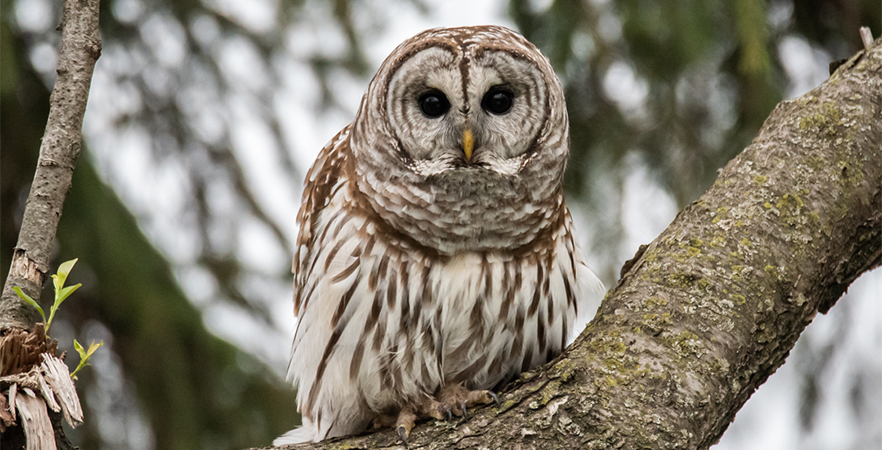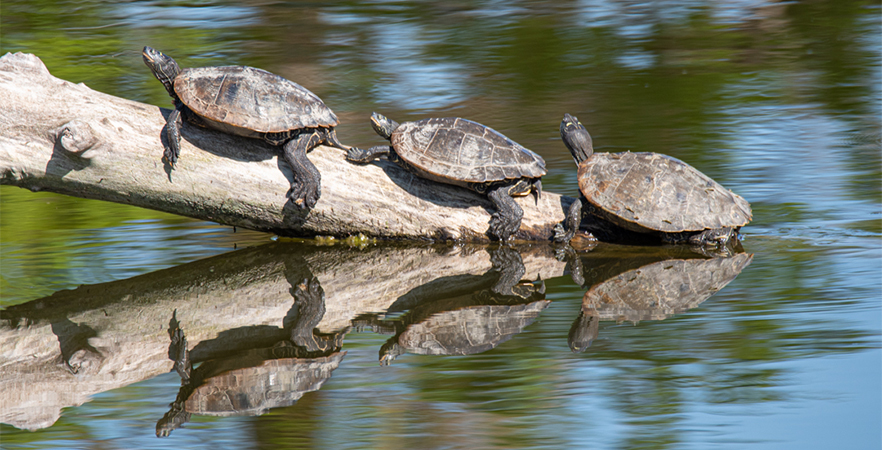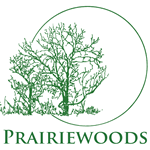When despair for the world grows in me
and I wake in the night at the least sound
in fear of what my life and my children’s lives may be,
I go and lie down where the wood drake
rests in his beauty on the water, and the great heron feeds.
I come to the peace of wild things
who do not tax their lives with forethought
of grief. I come into the presence of still water.
And I feel above me the day-blind stars
waiting with their light. For a time
I rest in the grace of the world, and I am free.—Wendell Berry, “The Peace of Wild Things”
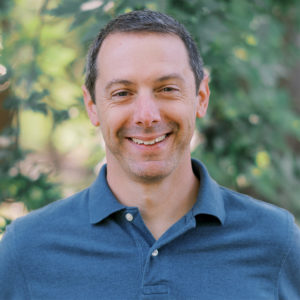
In March of 2020, when COVID brought my work to a standstill and I needed to find a way to spend my time other than watching/reading news about a global pandemic, I picked up my camera and went outside. A lot of us did this, and it was very good.
The more time I spent walking outside, the better I felt in every way. And I learned that having a camera in my hands gave me a reason to slow down and really look at the world. Walking with a camera reminded me of writing sermons. Before I was a preacher, I would skim through the Bible, if I read it at all. But when I wrote sermons, I learned how to slow down and let my curiosity guide my study. Looking longer led to questions, and the pursuit of those questions made for some great sermons.
The same sort of thing happened when I started taking my camera on solo walks. I would slow down, open myself up to discovery, let my curiosity guide me, and really look at things (literally) from different perspectives.
Over the past four years, I’ve become accustomed to slowing down whether or not I have a camera with me. And I have made time outside a core part of my life.
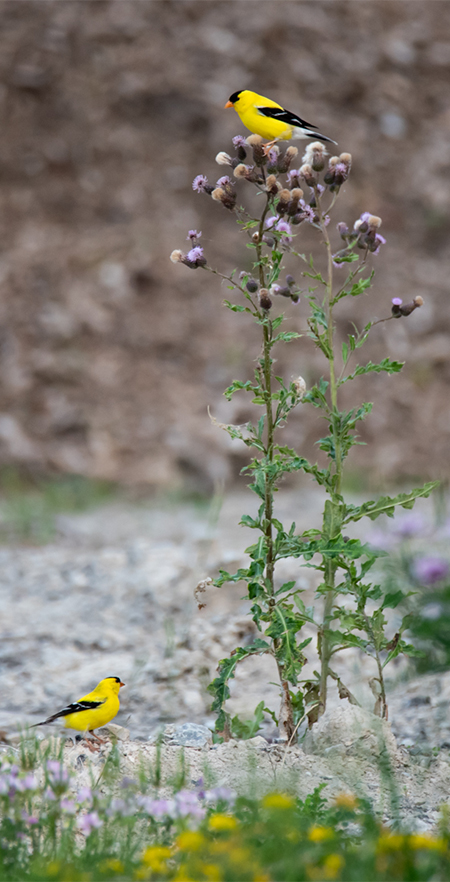
These days, many of us feel more disconnected or lonely, more anxious about the state of the world, and less hopeful that things will head in a better direction anytime soon. I don’t know about you, but I have had many moments like Mr. Berry describes in his poem: “When despair for the world grows in me, and I wake in the night at the least sound, in fear of what my life and my children’s lives may be.”
And much like the poet, I have frequently found “the peace of wild things” to be a balm to my troubled soul. I walk along or sit by the river. I talk to the animals as I take portraits of them, or anytime I see them really. They don’t know what to make of me, but that’s okay. I slow down and let myself be grounded.
It’s not such a difficult thing to reconnect with the real world. If you can step out the door, it’s right there. But it’s also easy to forget. The relentless messaging that tells us we have to acquire more, produce more, be more, fear more: it can be hard to withstand. We are bombarded with scarcity thinking that can sneak through our best defenses and leave us feeling hollow. All so we will buy things or work to make our employers more money.
But I don’t feel so much that way when I spend time “where the wood drake rests in his beauty” or “in the presence of still water.” If I can give myself permission to slow down and wander, to rest, to watch the natural world with curiosity, it really does have a positive effect on my whole being. It reminds me that my needs are really very simple: air, water, food, sunshine, shelter, people to love, something to do. Everything else is extra. And most of it is really not that important.
I’m curious, how do you find the “the peace of wild things” or its equivalent in your life?
—text and images by Courtney Ball
Courtney Ball is a storyteller and community builder. You can see more from him at ballcourt.substack.com or courtneyball.com. He currently serves as the Community Building Director at Matthew 25 (matthew-25.org).
